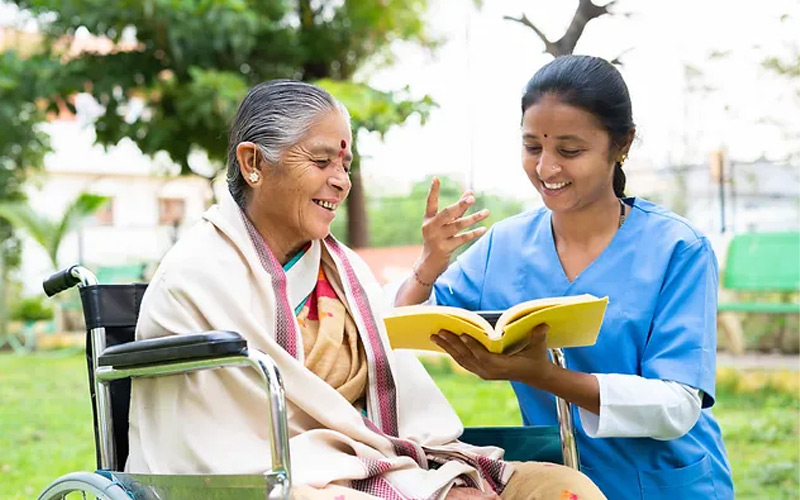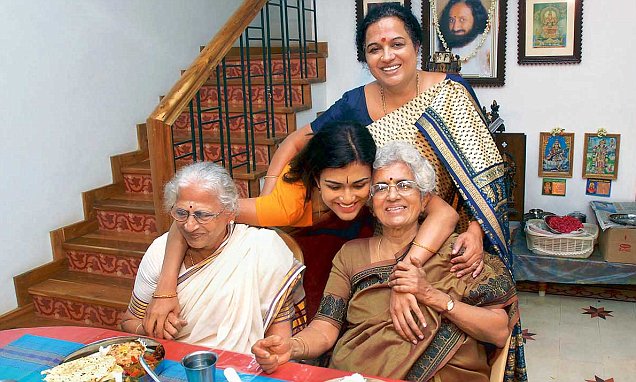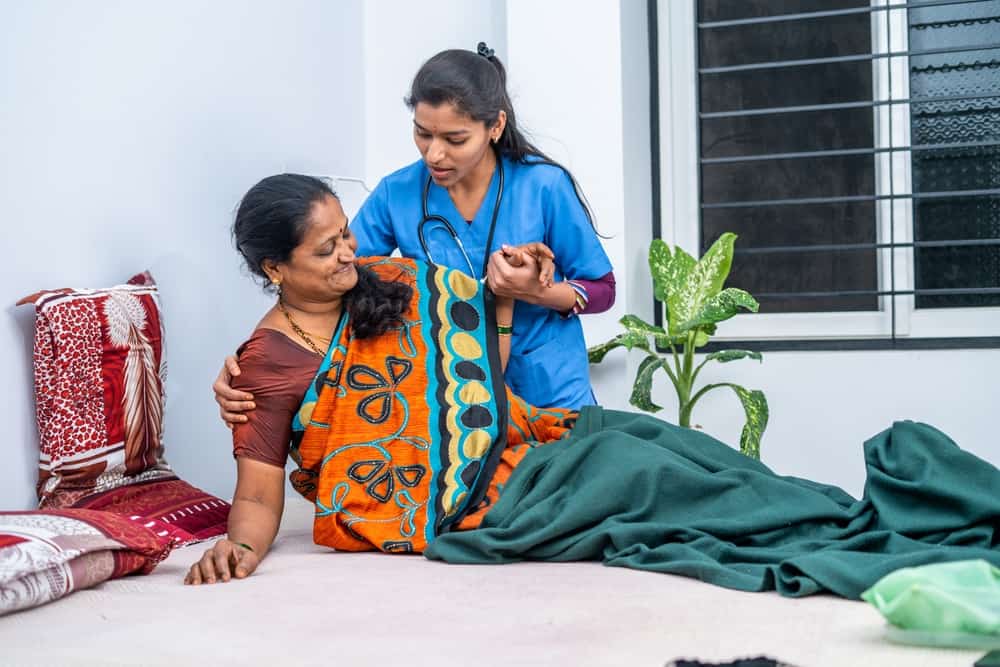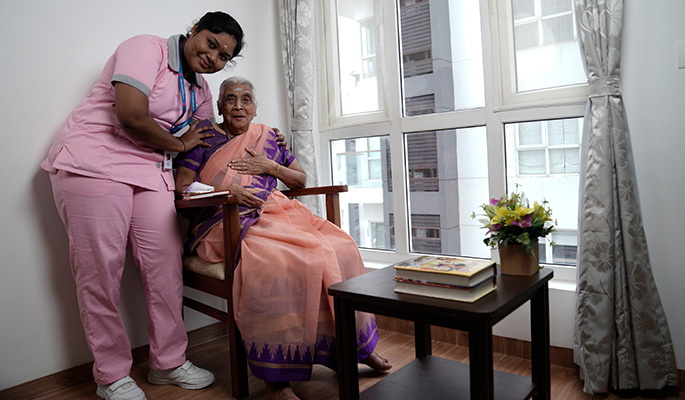Empowering Independence: Independent Living Assistance in Bangladesh
In Bangladesh, the concept of independent living assistance is gaining traction as a pivotal means to empower individuals with disabilities. While societal attitudes towards disability have evolved over the years, there’s still much progress to be made in ensuring equal opportunities and access to resources for people with disabilities. Independent living assistance programs emerge as a beacon of hope, offering support and fostering self-sufficiency among this demographic.
The essence of independent living assistance lies in its focus on promoting autonomy and dignity for individuals with disabilities. Rather than perpetuating dependency, these programs aim to equip participants with the skills and resources necessary to lead fulfilling lives on their own terms. In Bangladesh, where traditional notions of caregiving often prevail, this shift towards empowering individuals with disabilities to live independently marks a significant stride towards inclusivity and equality.
Central to independent living assistance programs are various forms of support tailored to meet the diverse needs of participants. This support encompasses a wide range of services, including personal care assistance, accessibility modifications, skill development workshops, and access to assistive technologies. By addressing both physical and socio-economic barriers, these programs create an enabling environment where individuals with disabilities can thrive.
Moreover, independent living assistance fosters a sense of community and solidarity among participants. Through peer support groups and advocacy initiatives, individuals with disabilities come together to share experiences, exchange knowledge, and amplify their voices in matters concerning disability rights. This sense of belonging and collective empowerment is instrumental in challenging societal stereotypes and fostering greater inclusivity.
However, while the strides towards independent living assistance are commendable, there are still challenges to overcome. Limited funding, inadequate infrastructure, and lingering stigmas surrounding disability pose significant obstacles to the widespread adoption of such programs. Addressing these challenges requires concerted efforts from both government entities and civil society organizations to allocate resources effectively and promote awareness and acceptance.
In conclusion, independent living assistance is a transformative force in Bangladesh’s disability landscape, heralding a paradigm shift towards empowerment and inclusivity. By championing autonomy, dignity, and community support, these programs pave the way for a more equitable society where individuals with disabilities can live life on their own terms, free from limitations and prejudices.





